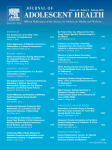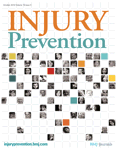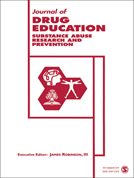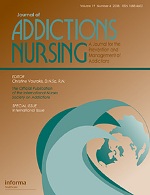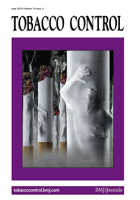An analysis by Annenberg Public Policy Center researchers Sharon Sznitman and Dan Romer shows that international and U.S. state differences in the emotional well-being of adolescents are strongly related to their overall levels of academic achievement. In addition, these differences are strongly related to levels of poverty at the national and state level. The article
Health and Risk Communication
Internet Gambling Grows Among Male Youth Ages 18 to 22; Gambling Also Increases in High School Age Female Youth, According to National Annenberg Survey of Youth
Despite efforts by the federal government to impose restrictions on Internet gambling, college age youth are visiting online gambling sites at a growing rate, according to the latest National Annenberg Survey of Youth (NASY). Compared to the last survey conducted in 2008, monthly use of Internet gambling sites shot up this year from 4.4% to
Heavy exposure to screen entertainment media linked to less use of seatbelts in male adolescents: Findings from the National Annenberg Survey of Youth
Researchers have long noted that movies and television shows seldom show drivers wearing seatbelts. In an analysis of high school youths’ exposure to such entertainment, APPC researchers Sally Dunlop and Dan Romer found that males with heavy exposure to such programming were less likely to think that their friends and school peers used seatbelts. Furthermore,
APPC researchers published in Journal of Sex Research
Using data from the Annenberg Sex and Media Study, current and former Annenberg Public Policy Center health communication researchers Jennifer A. Manganello, Vani R. Henderson, Amy Jordan, Nicole Trentacoste, Suzanne Martin, Michael Hennessy, and Martin Fishbein have published a paper that compares how teens and trained coders evaluate sexual content in media. “Adolescent Judgment of
News coverage of litigation against Philip Morris helped adolescent smokers learn about the fallacies of “light” cigarettes
In a report released online in the journal Tobacco Control, postdoctoral fellow Sally Dunlop and Dan Romer, director of APPC’s Adolescent Health Communication Institute, show how a dramatic increase in newspaper coverage of litigation against Philip Morris for its deceptive advertising for light cigarettes was associated with a decline in misperceptions about the benefits of
